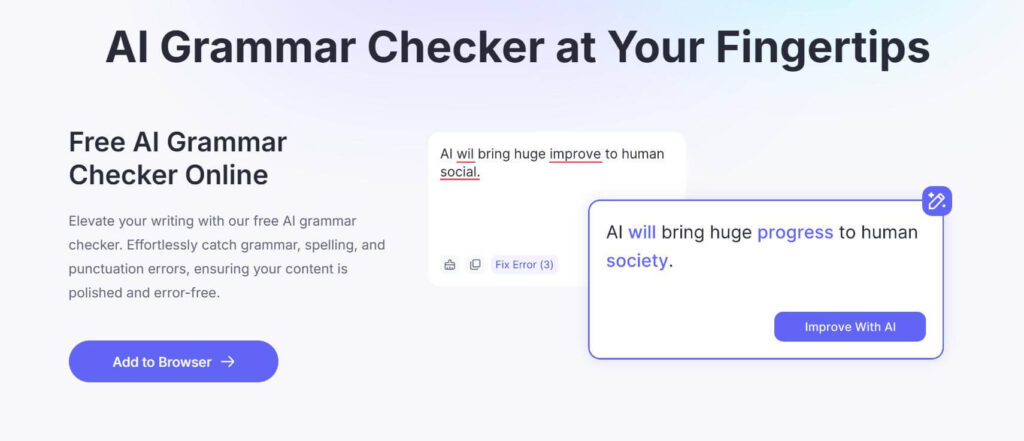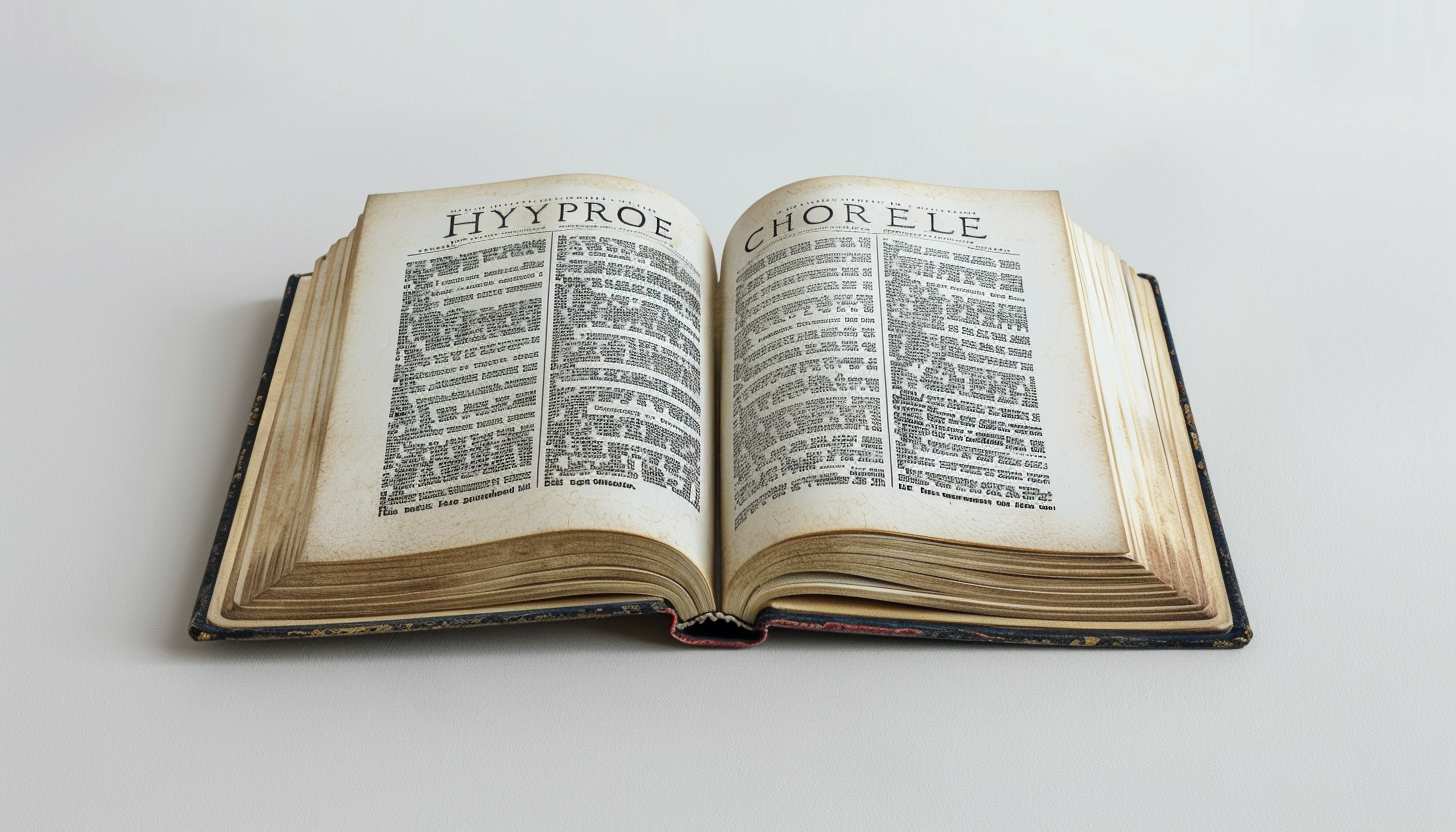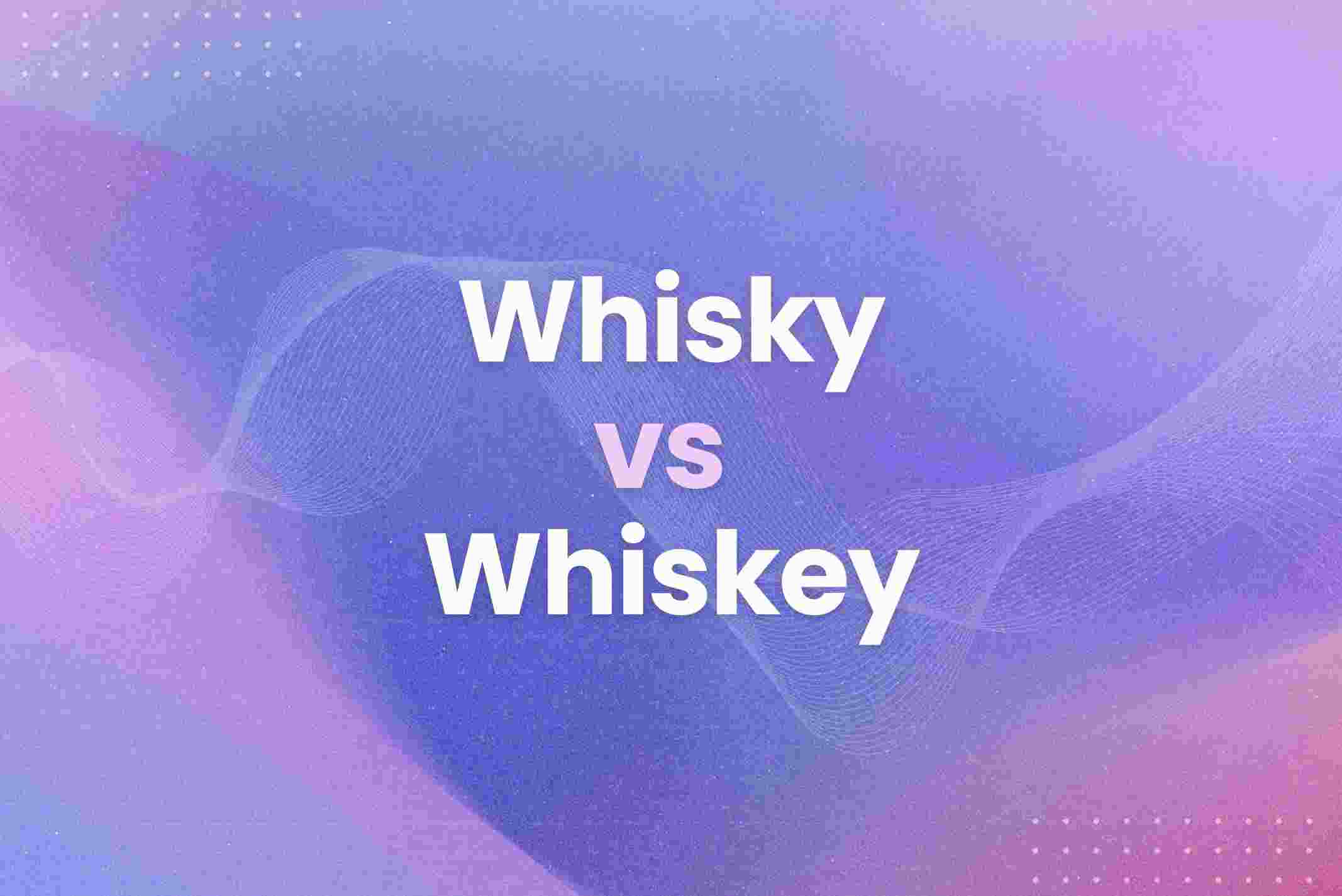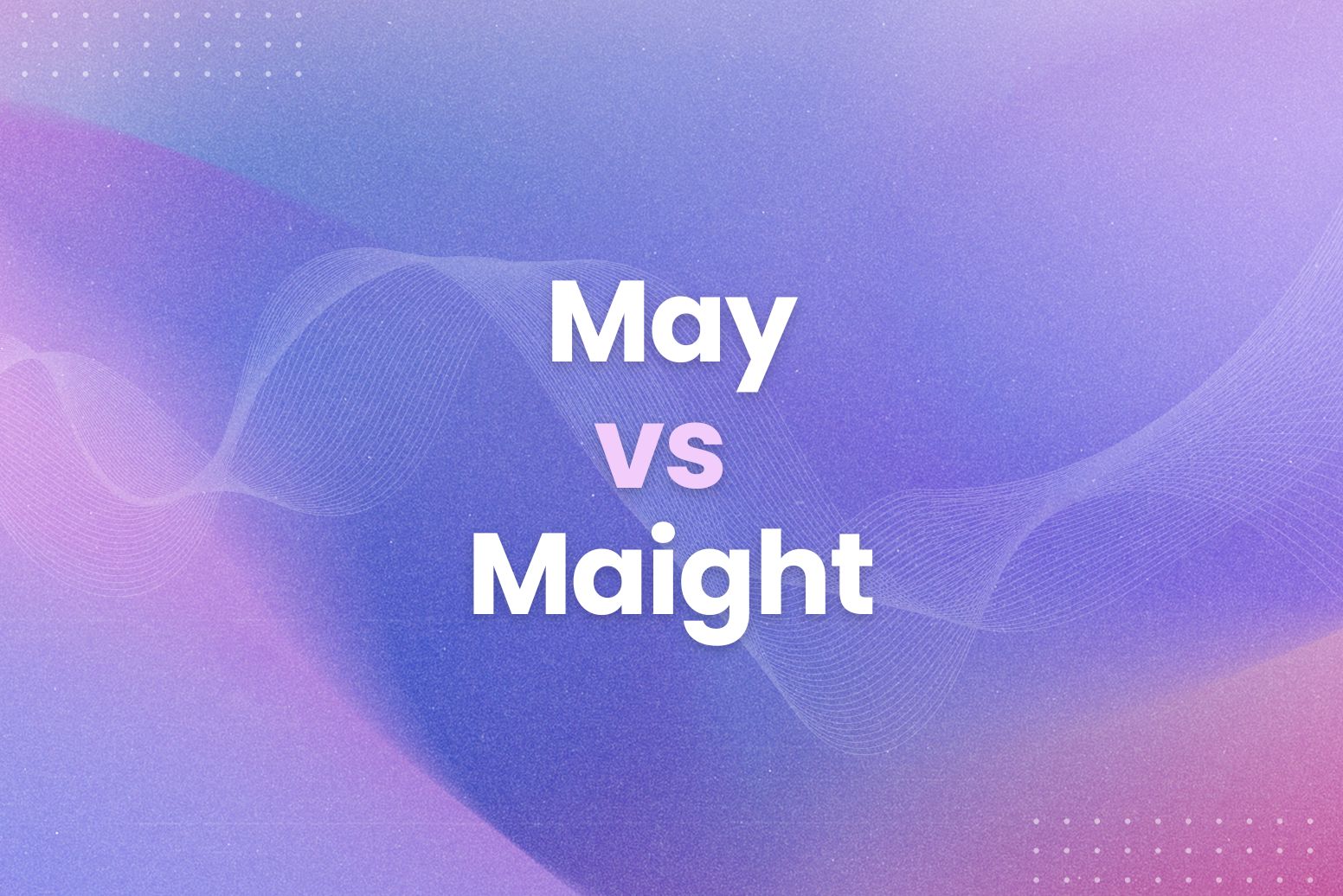You’ve likely heard phrases like, “I’m so hungry I could eat a horse” or “I’ve told you a thousand times!” These exaggerated hyperbole examples don’t reflect reality but paint a vivid picture that grabs attention and conveys strong emotions.
Exaggeration is fun, but errors aren’t! Use Arvin AI’s Grammar Checker to make sure your hyperboles stand out for the right reasons.
What is Hyperbole?
Hyperbole is a literary device that uses deliberate exaggeration to create emphasis, evoke emotions, or add dramatic flair to language. Put simply, it’s not meant to be taken literally but is used to make a point stronger or more memorable.
Hyperbole Examples in Sentences
- “I’m so hungry I could eat a horse.”
- “This bag weighs a ton!”
- “I’ve told you a million times to clean your room.”
- “I’m so tired I could sleep for a year.”
- “It’s raining cats and dogs outside.”
- “That dress costs an arm and a leg.”
- “You’re moving so slow, it’s like watching paint dry!”
- “She’s as light as a feather.”
- “He’s so strong, he could move mountains.”
Hyperbole Examples Meaning
- “I’m so hungry I could eat a horse.”
- Meaning: The speaker is extremely hungry, but not literally capable of eating a horse. In other words, it emphasizes their intense hunger in a humorous way.
- “This bag weighs a ton!”
- Meaning: The bag is very heavy, though not literally a ton. In fact, this exaggeration highlights how burdensome it feels to carry.
- “I’ve told you a million times to clean your room.”
- Meaning: The speaker has told the person repeatedly, though not literally a million times. Clearly, it reflects their growing frustration over being ignored.
- “I’m so tired I could sleep for a year.”
- Meaning: The speaker feels utterly exhausted and in desperate need of rest. Of course, they wouldn’t actually sleep for a year; it simply emphasizes the depth of their fatigue.
- “It’s raining cats and dogs.”
- Meaning: It is raining very heavily, but not literally cats and dogs. In reality, this classic phrase paints a vivid picture of torrential rain.
- “That dress costs an arm and a leg.”
- Meaning: The dress is extremely expensive, though no literal limbs are involved. Put simply, it underscores just how costly the item is.
- “She’s as light as a feather.”
- Meaning: The person or object is very light, though not weightless like a feather. As a result, this exaggeration makes the description more memorable and vivid.
- “He’s so strong, he could move mountains.”
- Meaning: The person is incredibly strong, though not physically capable of moving mountains. By using this phrase, their strength is elevated to a legendary level.
Hyperbole Examples for Students
- “I have a mountain of homework to do tonight.”
- Meaning: The speaker has a lot of homework to complete, though not an actual mountain. In other words, hyperbole examples emphasize how overwhelming the workload feels.
- “This class feels like it’s going on for a thousand years.”
- Meaning: The class feels extremely long and boring. Of course, it’s not literally lasting for a thousand years, but the hyperbole examples’ exaggeration shows how time seems to drag.
- “My backpack is so heavy, I think it’s pulling me to the ground.”
- Meaning: The backpack feels extremely heavy, though it’s not actually pulling the speaker down. As a result, the hyperbole examples convey how burdensome the load is.
- “I’m so thirsty, I could drink the entire ocean.”
- Meaning: The person is extremely thirsty. Clearly, drinking an entire ocean is impossible, but this hyperbole highlights the intensity of their thirst.
- “That math test was so hard, my brain almost exploded.”
- Meaning: The math test was very challenging, and the speaker felt mentally exhausted. In fact, the hyperbole examples’ humorously exaggerates how overwhelming the experience was.
- “I’ve read this chapter a million times, and I still don’t get it!”
- Meaning: The speaker has read the chapter many times and is frustrated because they still don’t understand it. In this case, the exaggeration emphasizes their struggle.
Hyperbole Examples in Literature
“A Red, Red Rose” by Robert Burns
“Till a’ the seas gang dry, my dear,
And the rocks melt wi’ the sun.”
- Meaning: The speaker exaggerates his eternal love by saying it will last until the seas dry up and rocks melt. Clearly, these events are impossible, but the hyperbole beautifully emphasizes the depth of his affection.
“Macbeth” by William Shakespeare
“Will all great Neptune’s ocean wash this blood
Clean from my hand?”
- Meaning: Macbeth dramatically suggests that all the water in the ocean couldn’t cleanse his guilt for the murder. This hyperbole highlights the enormity of his remorse and moral burden.
“To Kill a Mockingbird” by Harper Lee
“People moved slowly then. There was nowhere to go, nothing to buy, and no money to buy it with, nothing to see outside the boundaries of Maycomb County.”
- Meaning: The exaggerated statement paints a vivid picture of the town’s slow-paced and uneventful life, emphasizing its isolation and stagnation.
“The Heart of Darkness” by Joseph Conrad
“I had to wait in the station for ten days—an eternity.”
- Meaning: The speaker describes a mere ten days as “an eternity,” using hyperbole to highlight the boredom and frustration of waiting.
“Don Quixote” by Miguel de Cervantes
“His horse was so thin and bony, it looked as if it could be blown over by the wind.”
- Meaning: The description of the horse exaggerates its frailty for comic effect, reflecting the satirical tone of the novel.
“The Adventures of Pinocchio” by Carlo Collodi
“I have cried so much, I made a lake of tears.”
- Meaning: Pinocchio exaggerates his crying to emphasize his sorrow, using hyperbole to evoke empathy and add a dramatic flair.
“The Great Gatsby” by F. Scott Fitzgerald
“I’m p-paralyzed with happiness.”
- Meaning: Daisy’s exaggerated statement conveys intense joy while adding a playful tone to her words.
“The Odyssey” by Homer
“Nine times the distance I could see, the storm flung the ship through the seas.”
- Meaning: Homer uses hyperbole to highlight the sheer force of the storm, dramatizing the overwhelming power of nature in Odysseus’ journey.
“Catcher in the Rye” by J.D. Salinger
“It took me about a year and a half to walk to the bathroom.”
- Meaning: Holden exaggerates how long it felt to get to the bathroom, humorously conveying his frustration or reluctance.
“The Iliad” by Homer
“He cried out with a voice as loud as ten thousand men together.”
- Meaning: This hyperbole emphasizes the warrior’s immense strength and presence, adding grandeur to the scene.
Love using hyperboles but want your writing to stay smooth and clear? Let Arvin AI fine-tune your work in seconds.
Hyperbole Examples for Kids
“That joke was so silly, I laughed harder than SpongeBob on a sugar rush!”
- Meaning: The joke was extremely funny, and the speaker exaggerates their laughter by comparing it to SpongeBob’s hyperactive energy, especially after eating too much sugar.
“The cookies smelled so good, I floated to the kitchen like Winnie the Pooh chasing honey.”
- Meaning: The smell of the cookies was so delicious that it felt impossible to resist, just like Winnie the Pooh being drawn to his beloved honey.
“My friend’s backpack is so big, it could hold all the LEGO sets in the world!”
- Meaning: The backpack feels comically oversized, as if it could store every LEGO set ever made. This exaggeration emphasizes how huge it looks compared to a typical backpack.
“This video game is taking so long to load, I could finish a Mario Kart race while waiting!”
- Meaning: The game is loading very slowly, and the speaker humorously compares it to the time it would take to finish a quick and action-packed Mario Kart race.
“I jumped so high, I think I touched the top of the Empire State Building!”
- Meaning: The speaker is exaggerating how high they jumped, referencing the famous skyscraper to create a larger-than-life image.
“My bedroom is so small, even Ant-Man would feel cramped in here.”
- Meaning: The bedroom feels tiny, so small that even Ant-Man—who can shrink to microscopic size—would feel crowded. It’s an exaggerated but funny way to describe limited space.
“The new puppy is so fluffy, it looks like a cloud that fell from the sky in a Pixar movie!”
- Meaning: The puppy is extremely fluffy, exaggerated to resemble a soft cloud. Mentioning a Pixar movie adds charm, as Pixar is known for creating magical and adorable visuals.
Personification Examples
Personification helps bring inanimate objects, animals, or abstract ideas to life, making writing more vivid, engaging, and relatable. By using human-like qualities, writers can evoke emotions, set tones, and create imagery that draws readers into their world.
“The wind whispered through the trees.”
- Meaning: The wind is described as “whispering,” giving it human-like qualities to emphasize how soft and gentle it sounded. By using whisper, the image feels calm and almost secretive, as if nature is quietly speaking to the listener.
“The stars danced playfully in the night sky.”
- Meaning: The stars are described as “dancing,” which gives them a joyful and lively presence. In fact, this personification paints the night sky as magical and full of energy, as though the stars are celebrating.
“The old house groaned under the weight of the storm.”
- Meaning: The house is described as “groaning,” much like a person struggling under a heavy load. By doing this, the writer conveys the house’s vulnerability and the immense pressure caused by the storm.
“Time flies when you’re having fun.”
- Meaning: Time is said to “fly,” as though it moves quickly like a bird or a plane. This highlights how enjoyable moments seem to pass much faster than ordinary ones, making the experience feel fleeting yet memorable.
Final Words
Hyperboles are more than just playful exaggerations—they are a powerful tool for adding emphasis, drama, and humor to language. Whether you’re expressing extreme hunger with “I could eat a horse” or showcasing exhaustion with “I could sleep for a million years”, hyperboles help turn simple ideas into bold, memorable statements.
From literature and poetry to everyday conversations, they make words more vivid, engaging, and impactful. Ultimately, hyperboles remind us that language isn’t just about facts—it’s about creativity, emotion, and expression.
From creative writing to assignments, hyperboles can make you stand out. Let Arvin AI ensure your writing flows smoothly.

So, the next time you want to make a point, don’t be afraid to stretch the truth a little—because sometimes, exaggeration says it best.
FAQ
“I’m so hungry I could eat a horse.”
“This bag weighs a ton!”
“I’ve told you a million times to clean your room.”
“It’s so hot outside, I’m going to melt!”
“She laughed so hard, she nearly fell out of her chair!”
A hyperbole is a literary device that uses deliberate exaggeration to emphasize a point, evoke emotion, or add humor. It is not meant to be taken literally but is used to make descriptions or expressions more vivid and memorable.
A hyperbole in a simple sentence is an exaggerated statement that emphasizes an idea or feeling. Example: “I’m so tired I could sleep for a hundred years.”
A hyperbole for messy could be:
“This room looks like a tornado just blew through it!”
“Your desk is so cluttered, it could be a lost-and-found for the whole school!”






